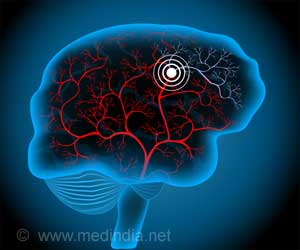The study recruited 47 SSD patients and 47 healthy controls. All participants wore actigraphy watches for seven days to monitor their sleep-wake patterns. The study also assessed the participants’ negative symptoms using the Brief Negative Symptom Scale (BNSS).
The study found that SSD patients had significantly more disrupted sleep-wake patterns compared to healthy controls. Specifically, schizophrenia spectrum disorder patients had:
The study also found that negative symptoms were significantly associated with disrupted sleep-wake patterns in SSD patients. Specifically, apathy was associated with reduced sleep efficiency and daytime activity, while social withdrawal was associated with later sleep onset and wake-up times.
The findings of this study suggest that disrupted sleep-wake patterns are a common feature of schizophrenia spectrum disorder and are significantly associated with negative symptoms. The study also highlights the potential importance of assessing and treating sleep disturbances in SSD patients to improve their overall well-being.
Treatment Implications: Incorporating Sleep Hygiene Strategies for Schizophrenia Spectrum Disorder Patients
The results of this study have important implications for the treatment of SSD patients. Mental health professionals may consider incorporating sleep hygiene strategies and behavioral interventions to improve sleep-wake patterns and alleviate negative symptoms. This may include establishing regular sleep and wake-up times, increasing daytime activity, and reducing exposure to light at night.
Advertisement
In conclusion, the study highlights the importance of sleep-wake patterns in the manifestation of negative symptoms in SSD patients. Disrupted sleep-wake patterns are common among schizophrenia spectrum disorder patients and are significantly associated with negative symptoms. The findings suggest that assessing and treating sleep disturbances may be a valuable addition to the treatment plan for SSD patients, improving their overall well-being and quality of life.
Source: Medindia



